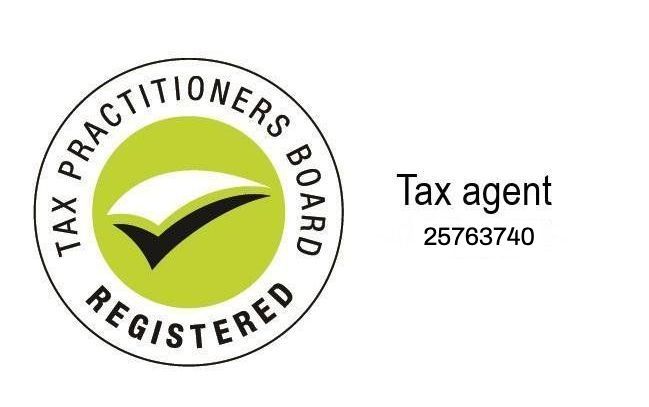Earning $200K? Here’s How to Pay Less Tax in Australia (Legally!)
Earning $200K? Here’s How to Pay Less Tax in Australia (Legally!)

Why High Earners Pay More Tax
In Australia, income over $180,000 is taxed at 47% (including the Medicare Levy). That means for every extra dollar you earn above that threshold, nearly half goes to tax. Without smart planning, it’s easy to watch your income disappear into tax payments rather than working for you.
The key to paying less tax isn’t earning less—it’s being smarter with how you structure your finances.
How to Keep More of Your Income
Superannuation: Your Best Friend for Tax Savings
Salary sacrificing to super is one of the simplest ways to reduce taxable income. By contributing up to $27,500 per year (including employer contributions) at a 15% tax rate instead of 47%, you save thousands while growing your retirement fund.
If you’ve got extra cash flow, you may also be able to catch up on unused concessional contributions from previous years to boost your savings and lower your tax.
Investment Strategies That Work for You
High-income earners often invest in property, shares, or managed funds—but how you invest makes all the difference.
- Negative gearing can offset rental property losses against your taxable income, lowering your tax bill.
- Franking credits on Australian shares help reduce the tax payable on dividends.
- Capital gains tax (CGT) discounts apply if you hold investments for more than 12 months.
Investing isn’t just about growth—it’s about smart structuring that minimises tax.
Income Structuring: Are You Paying More Than You Should?
If you have investment income, business income, or other earnings, how it’s structured can make a huge difference.
Using a family trust can allow you to distribute income to family members in lower tax brackets, reducing your overall tax burden. A corporate structure might also be beneficial, as companies pay a lower tax rate (25–30%) compared to the top individual rate of 47%.
Salary Packaging: Pay for Expenses with Pre-Tax Dollars
Depending on your industry, salary packaging can be a great way to reduce taxable income. You may be able to package a car, laptop, education expenses, or even rent—all from pre-tax income, lowering the amount you’re taxed on.
Certain professions, like medical professionals and not-for-profits, have even more generous salary packaging options available.
Claim Every Deduction You’re Entitled To
From home office expenses to work-related costs, tracking deductions properly throughout the year means maximising what you can claim.
If you’re self-employed or run a business on the side, things like training, travel, subscriptions, and professional memberships could all be tax-deductible. Keeping good records is key.
Use an Offset Account to Reduce Interest & Tax
If you have a home loan or investment loan, keeping surplus cash in an offset account can reduce the interest payable—without triggering tax on interest earnings (like a regular savings account would). This is a tax-efficient way to save on mortgage costs while keeping access to your money.
Consider a Self-Managed Super Fund (SMSF) for More Control
For high-income earners, an SMSF allows greater flexibility over investments, including property and private assets. If structured correctly, an SMSF can be an incredibly tax-effective way to grow and protect wealth—but it’s important to get expert advice to ensure compliance and cost-effectiveness.
Prepay Expenses to Reduce This Year’s Taxable Income
If you have investment loans, professional memberships, or business expenses, consider prepaying up to 12 months' worth of costs before June 30. This can bring forward deductions to the current financial year, reducing your taxable income now rather than later.
Review Your Tax Plan Annually
What worked last year might not work this year. Changes in tax laws, income levels, or investment strategies mean it’s important to review your tax plan regularly. Proactive tax planning isn’t just about minimising tax—it’s about maximising your overall financial position year after year.
Warning $200K+ doesn’t mean you have to accept a massive tax bill. With the right approach, you can significantly reduce what you owe, grow your wealth, and make your income work harder for you—all while staying 100% compliant.
Want to explore tax strategies tailored to your situation? Let’s chat.












